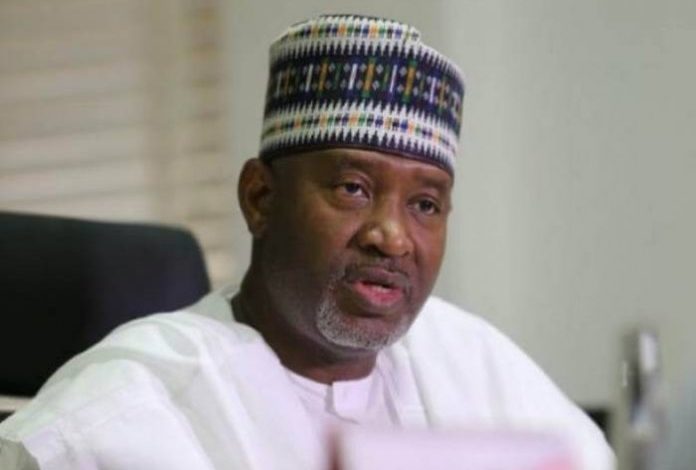
That the aviation industry in Nigeria is clothed with many unattractive designs is a fact that is arguably free from any form of counter argument. Our airports are some of the worst in the world. Two of our most celebrated airports – Port Harcourt International Airport, Omagwa and Murtala Muhammed International Airport (MMIA) – were ranked in the top 20 worst airports in the world in 2017. According to the survey carried out by Sleep in Airport, both airports were respectively ranked 3rdand 5thworst airports in the world. This category of airports is considered the most annoying with a significant propensity to offend travellers and leave in them an uncharitable experience. Prior to the most recent ranking, the Port Harcourt International Airport had ranked as the worst in the world in 2015. The criteria used for the ranking are simply comfort (gate seating and availability of rest zones) services, facilities and things to do, food options, immigration/security, customer service, cleanliness, navigation and ease of transit and sleep-ability. The Nigerian government has consistently rejected the ranking, declaring it as false and not truly representative of the state of affairs in the country. But Nigerians who frequent the airports and have used foreign airports can give an unbiased comparative assessment. From the unruly attendants to the dilapidated infrastructure, every aspect of our airports requires urgent intervention. Lest we forget, the Port Harcourt International Airport is well-known for its unbefitting canopies. If our most celebrated airports could be ranked in the league of the worst in the world, it is only safe to sidestep the outcome of an independent assessment of other airports in the country. Truth be told, many of those airports are glorified regular bus parks with bigger space.
Regardless of the ranking by Sleep in Airport, Nigerian travellers have consistently complained about the embarrassing state of our airports, and in some instances government had acknowledged some of these shortcomings. In fairness, various attempts have been initiated by the government to renovate or remodel the facilities. Sadly, a significant chunk of those attempts have ended in politically motivated flops. And in some cases funds allocated for such endeavours disappeared with no form of accountability. Hence our airports have remained in their shameful state. In seeking lasting solution previous administration did try conceding the airports to private operators. The efforts failed largely owing to political interference and poor implementation process. Subsequent efforts at conceding the airports have met with some opposition from certain quarters in the industry. Nevertheless, the current administration has again brought to the fore the importance of conceding the airports in order to ensure improvement in infrastructure and service rendered. In this regard the government announced last year that the Murtala Muhammed International Airport (MMIA) and Port Harcourt International Airport, Omagwa had been marked for concession. More than one year after the pronouncement nothing has been done to actualise the proposal. Interestingly, rather than pay attention to this all-important aspect of our aviation industry, the government elected to focus on a wasteful venture of launching a national carrier.
The proponents of a national carrier may have valid arguments in their quest to bequeath to the next generation a project that will uplift their sense of nationalism. However, the aviation industry world over thrive on quality infrastructure, which government has clearly shown incapacity to provide. The aviation business is capital intensive but also promises great return on investment if properly managed. We cannot expect our industry to grow beyond the existing infrastructure. Infrastructure is the engine room of growth; it propels exponential growth. Conceding our airports to serious investors, through a transparent process, is one way to guarantee improvement in infrastructure.
In recognition of the importance of implementing the concession programme in the industry, the Minister of State for Aviation, Senator Hadi Sirika had communicated earlier in the year that there is currently no better alternative to concession. He also promised that the government would forge ahead with plans to privatise the airports through a concession agreement. These declarations gave the impression that the minister would pursue the concession agenda to a logical conclusion. However, current events suggest that the plan may have been rested in the pursuit of the national carrier project. The absence of vigour and shift in priority has left the industry in a profound state of uncertainty. The minister still has some nine months left in the life of this administration to bequeath a lasting legacy. Nigerians are not against concession; some are only weary of the process and the attendant effects. Workers are usually weary of impending job loss and consumers consider the possibility of higher charges. These are valid fears that can be addressed with proper communication and transparency. Nothing would be more disappointing if the tenure of the current minister elapses without a turnaround in our aviation industry. Nigerians would appreciate a system that guarantees gradual but consistent growth in quality of aviation infrastructure than a national carrier that has no clear growth or sustenance path.